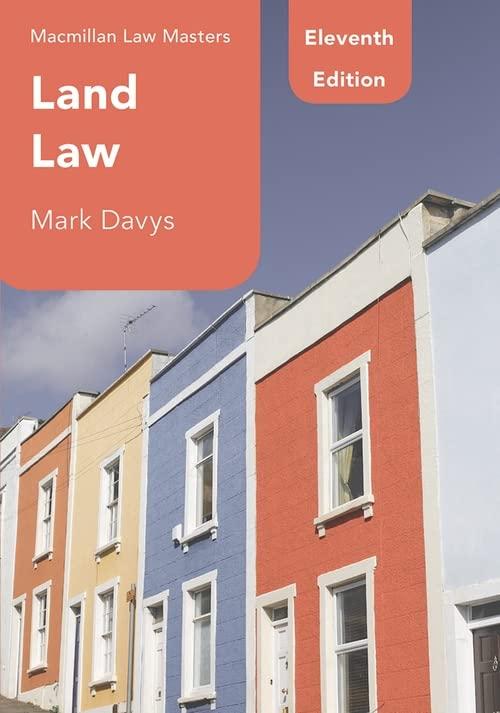Answered step by step
Verified Expert Solution
Question
1 Approved Answer
1. Based on the Companies Act 2016, advise the relevant parties on the following situations. (a) GRIT Bhd (GRIT) is a listed issuer. Steve, one



1. Based on the Companies Act 2016, advise the relevant parties on the following situations.
(a) GRIT Bhd (GRIT) is a
listed issuer. Steve, one of the directors, argues that he was approached in a
social setting in which the business opportunity was first offered to him
instead of to GRIT. Advise GRIT on Steve's claim.
(30 marks)
(b) Does GRIT's lack of
capacity permit Steve, as the director, to take the corporate opportunity?
Advise GRIT.
(10 marks)
The following are reference notes to cover in the answers:



Step by Step Solution
There are 3 Steps involved in it
Step: 1

Get Instant Access to Expert-Tailored Solutions
See step-by-step solutions with expert insights and AI powered tools for academic success
Step: 2

Step: 3

Ace Your Homework with AI
Get the answers you need in no time with our AI-driven, step-by-step assistance
Get Started


